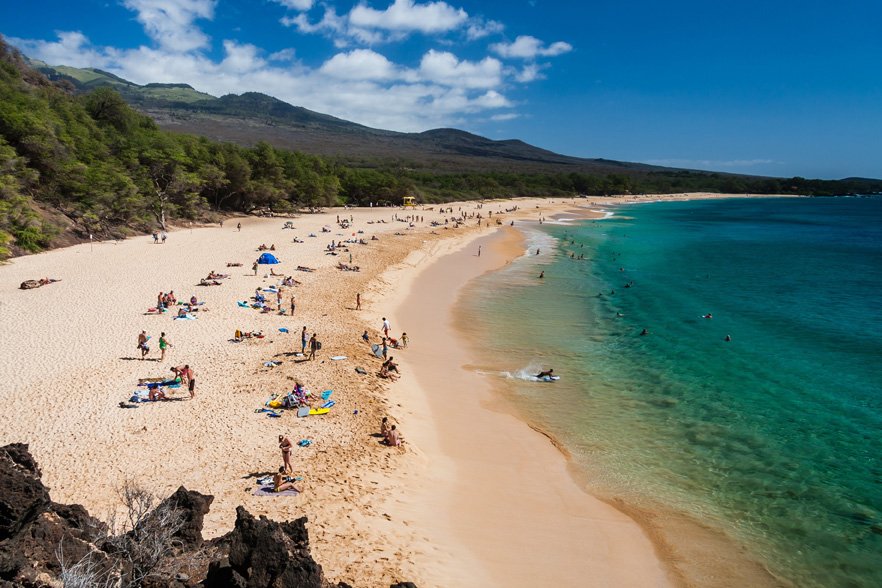Spring break has arrived across the state and the Hawai’i Department of Health has issued guidelines for families to protect themselves against COVID-19 infection.


“We know that traditionally spring break is a time when families go on trips or spend more time at the malls, theaters, restaurants, and other places where the public gathers,” said Bruce Anderson, director of the Hawai‘i Department of Health. “We are urging families to be circumspect and exercise extra precautions to minimize the risks of COVID-19 transmission.”
State agencies are also developing guidelines for those organizing large-scale public events. In collaboration with various state agencies, a new website, scheduled to go live next week, will offer easy to navigate information for the public.
The Hawai‘i Department of Health has issued the following spring break guidelines to manage the spread of COVID-19 in communities across the state:
- Consider avoiding crowded or congested areas, including large public gatherings such as concerts, sporting events, conventions, religious gathers and other community events (the Hawai‘i Department of Health defines “large” gatherings as 100 people or more and allows for social distancing of people being six feet apart);
- Avoid non-essential travel to COVID-19 high-risk destinations;
- If you or a family member is sick, remain home except to receive medical help; and
- Avoid those who are sick and have flu-like symptoms such as coughing, fever, and shortness of breath.
“While we do not want to limit family activities or recommend canceling their plans for spring break, we are urging families to take steps to minimize their risk of infection,” Anderson said.
For families who choose to travel outside the state for spring break, follow these recommended guidelines:
- When returning home to Hawai‘i, the Hawai‘i Department of Health recommends family members monitor their health for a 14-day period from the time you left the area with widespread, ongoing community spread;
- If anyone in the family who went on the trip develops symptoms of a serious, sudden respiratory illness that includes a combination of fever, cough and shortness of breath, have mild symptoms (e.g., no fever but cough), are 60 years or older, or have underlying medical conditions, contact a healthcare provider before going to a medical facility; and
- Specific guidelines on travel are available at: https://www.cdc.gov/coronavirus/2019-ncov/travelers/after-travel-precautions.html
Flu shots
A flu shot is another valuable tool to prevent and effectively manage COVID-19. Although the flu shot does not protect against COVID-19, it will reduce the number of flu cases. This helps to reduce anxiety and frees up healthcare professionals to focus on people affected by COVID-19.
Stay informed
Sign up for email updates here: https://health.hawaii.gov/news/covid-19-updates/



